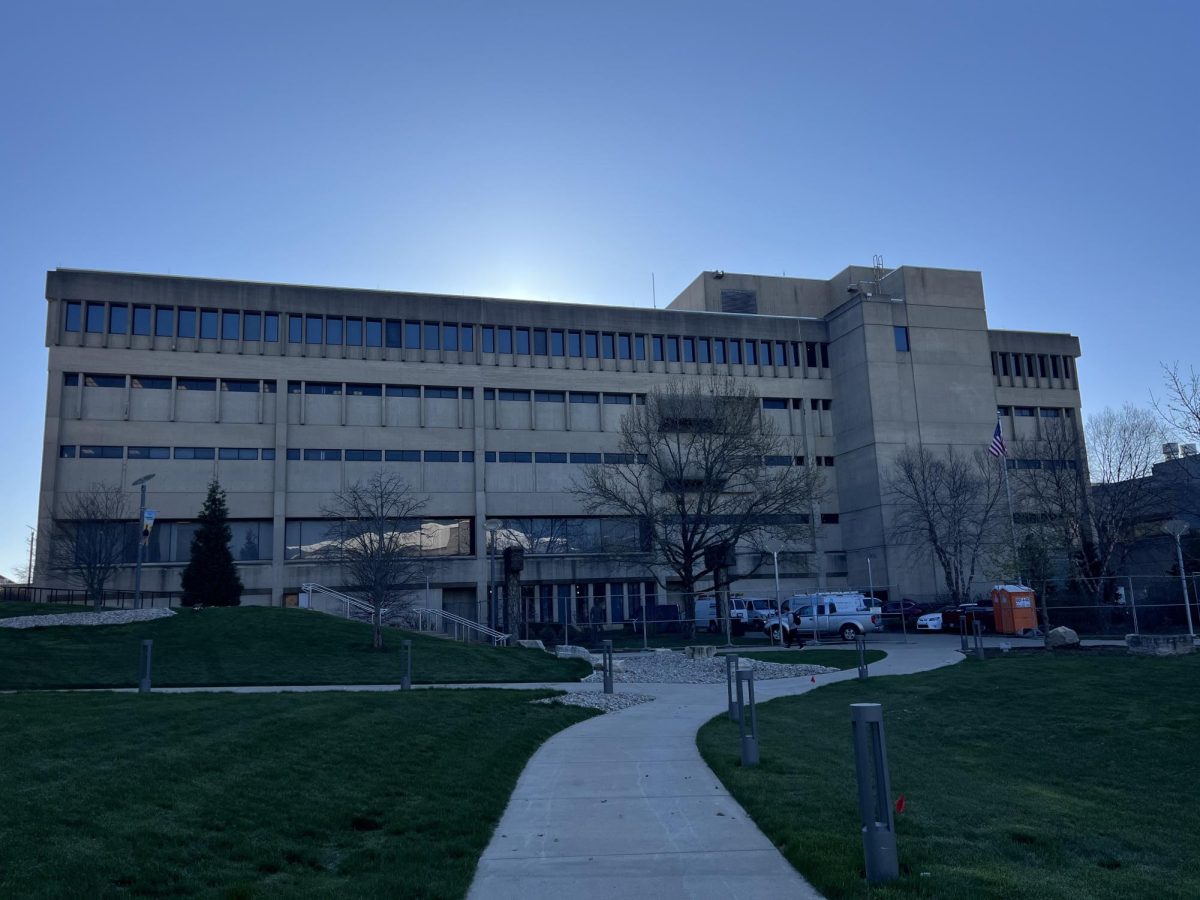Faculty at NKU’s Chase College of Law are forming their own opinions about AI in the classroom and in the courtroom.
“I still think it’s going to be a useful tool for the legal industry. The law firms are already using it heavily,” says Eric Young, the associate dean for Library and Technology Services at Chase.
Young is one of the many faculty members at Chase who has had to confront the growing use of AI in both the legal industry and in current curricula.
“I think we are doing a pretty good job at recognizing it’s already actively used in practice and that we need to instruct our students, not only on how they can use it, but also those pitfalls that might occur,” Young said.
While the rise of AI feels like a more recent development, Chase’s dean, Judith Daar, has been aware of the possible implications well before now.
“We actually addressed AI and the academic integrity piece at Chase several years ago by revising our honor code in a way that addresses the appropriate and permitted use of AI,” Daar said.
In addition to revising the honor code, Daar also created an AI task force at Chase featuring faculty, staff and students. This task force was created to further evaluate the programs offered at Chase with AI in mind. Some of the recommendations made by the task force have already been implemented.
“We’ve added more AI components to our certain classes. We’re adding more AI-specific classes as electives for upper-division students, and we’re making it more of a requirement for our students to know how to use AI as part of their legal skill set and toolbox,” Daar said.
As of today, there are nine courses offered by Chase that feature direct AI components. Some of the courses included are: AI and privacy law, emerging technology and law, and AI, technology and social justice.
As AI begins to factor more into the relationship between technology and the legal industry, there’s a chance that there will be a shift in how law is practiced as a whole. Daar is excited for the integration period.
“I think we’re in a good position to learn how to maximize AI’s value and to be important partners in some ways with AI on behalf of our clients and in the pursuit of justice,” she said. “So, I’m much more optimistic than some of my colleagues in law about AI and its ability to improve access to justice and to be partners with humans who will need to be in the loop as we move forward.”
The director of the W. Bruce Lunsford Academy for Law, Business and Technology at Chase, Michelle Browning-Coughlin, shares a similarly positive outlook when it comes to the opportunities that AI can provide for law students.
“I want students to learn how to use it,” she said. “I think it’s like saying that cars have been invented, but I don’t want you to learn how to drive because you should just still ride a bike. It’s not reasonable. This is a tool that people are going to use at some point in time. If you’re not using it, you’re just going to get left behind.”
In an effort not to get left behind, Chase College is continuing to look for new ways to get ahead of the curve and stay up to date with the ever-evolving landscape of AI.
“We’re going to do a wider survey of the Northern Kentucky Bar Association and the Cincinnati Bar Association to get an idea of exactly how they’re using AI and make sure that we’re training our students for that,” Young said.


